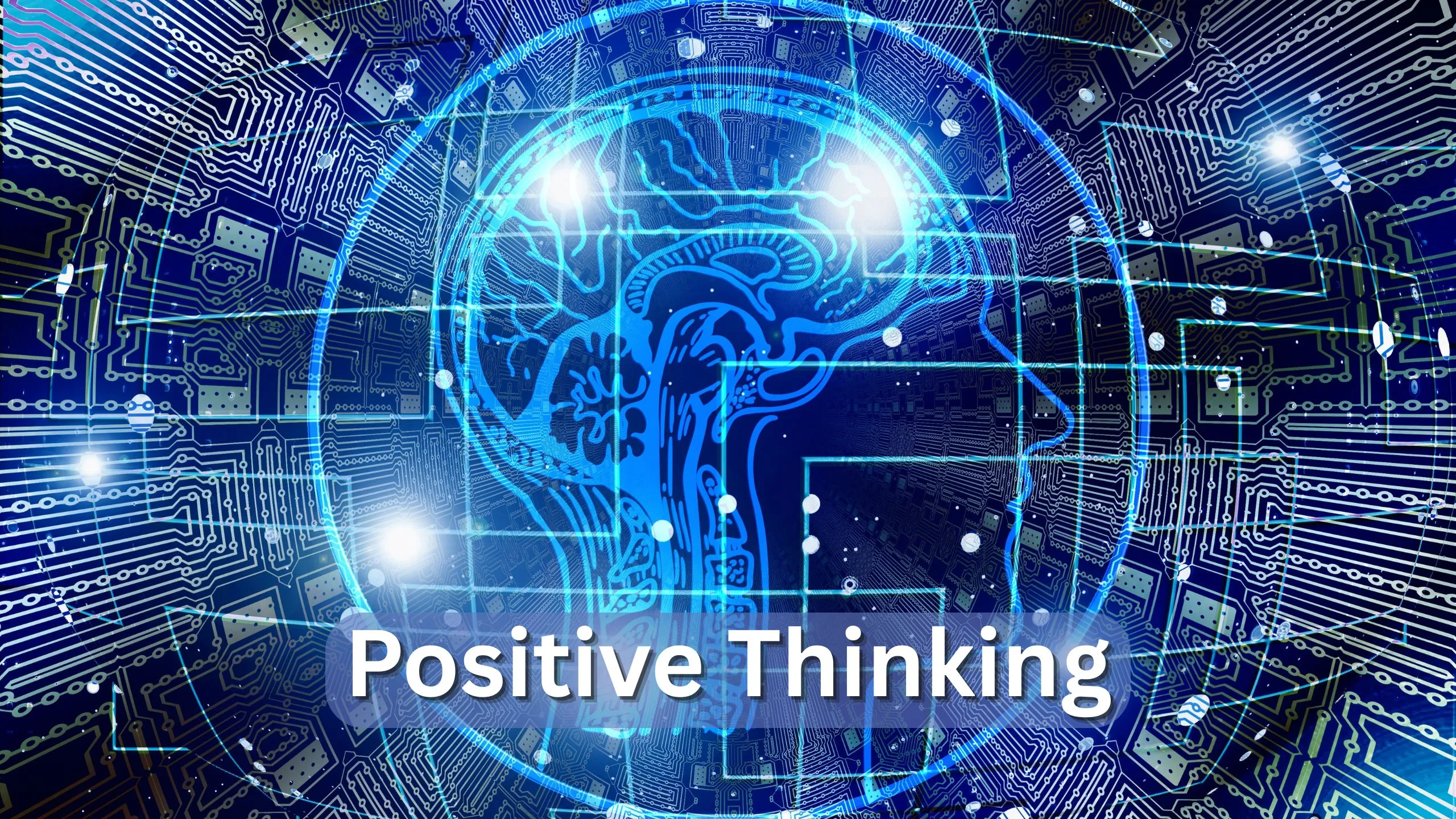“Knowing yourself is the beginning of all wisdom.” – Aristotle.
Introduction
Understanding who we are has been a pursuit for centuries, but the need for personality assessment has never been more critical. Whether navigating personal relationships, career choices, or self-discovery, understanding our personality traits is the key to unlocking our potential.
With 85% of employers using personality assessments to guide hiring decisions and countless individuals leveraging them for personal growth, the urgency of this need is undeniable.
But why is the need for personality assessment so important now?
We’re here to explore six powerful facts demonstrating how personality analysis can transform lives. Let’s dive into this journey of self-awareness and discover how these assessments are more than just tests—they’re tools for transformation.
What is Personality Assessment?
Personality assessment refers to structured tools and techniques for evaluating and analyzing a person’s personality traits, which influence behavior, decisions, and interactions.
From personality analysis questionnaires to advanced psychometric tests, these assessments are used in workplaces, therapy, and education to uncover deeper insights about individuals.
Read also: 7 Powerful Mindfulness Habits for a Healthier Life
Why Is There an Urgent Need for Personality Assessment?
The modern world demands clarity in thinking, acting, and connecting with others. The need for personality assessment arises from our desire to adapt and thrive. With workplaces prioritizing teamwork, schools nurturing diverse talents, and therapy focusing on personal transformation, these assessments have become indispensable.
Key Benefits Include:
- Discovering hidden strengths
- Addressing personal growth barriers
- Enhancing emotional intelligence
- Improving collaboration in teams
We make more informed, impactful decisions when we truly understand our personality traits.
Six Facts About the Need for Personality Assessment
Fact 1: Enhances Self-Awareness
Self-awareness is the cornerstone of personal growth. The need for personality assessment is pivotal because it unveils our core tendencies, preferences, and behaviors. By understanding our personality traits, we can identify areas for improvement and embrace our strengths.
Example: A Myers-Briggs test might reveal you’re an introvert, helping you strategize for social situations while preserving energy.
Fact 2: Guides Career Development
Choosing the right career path can be daunting without insight into one’s capabilities and motivations. Personality analysis helps identify roles that align with one’s strengths and values.
Research: According to the American Psychological Association, individuals who undergo career-focused assessments report 50% higher job satisfaction.
Fact 3: Strengthens Relationships
Relationships thrive when we understand each other’s personalities. The need for personality assessment plays a crucial role in resolving conflicts, improving communication, and deepening connections.
Case in Point: Couples who use tools like the Enneagram often report enhanced understanding and reduced misunderstandings.
Fact 4: Supports Mental Health
Mental well-being is deeply connected to self-awareness. Personality test benefits include providing therapists with insights into clients’ coping mechanisms, anxiety triggers, and thought patterns, enabling tailored strategies for growth.
Example: Tests like the Big Five can help individuals understand their emotional stability and address challenges constructively.
Fact 5: Facilitates Better Leadership
Effective leaders know themselves and their teams. Personality assessment is essential in developing empathetic, adaptive leaders who inspire and guide teams toward success.
Statistic: 70% of Fortune 500 companies use personality assessments in leadership training programs.

Fact 6: Improves Decision-Making
Better decisions stem from deeper self-understanding. Personality tests shed light on our decision-making styles, whether risk-averse or adventurous, helping us make choices that align with our goals.
Impact: This benefits individuals and enhances team dynamics and organizational outcomes.
The Role of Personality Traits in Life
Our personality traits influence everything—from how we handle stress to how we communicate. Traits like openness, conscientiousness, and agreeableness determine our adaptability. Assessing these traits can help us intentionally improve the areas that matter most.
Personality Test Benefits You Can’t Ignore
Top Benefits Include:
- Unlocking personal potential
- Building stronger teams
- Enhancing career trajectories
- Reducing workplace conflicts
- Supporting therapeutic breakthroughs
These benefits make personality assessment a must for anyone looking to thrive personally and professionally.
Read also: 8 Simple Yet Powerful Habits for Boosting Mental Toughness
Conclusion
The need for personality assessment is no longer optional—it’s vital. As we embrace the six facts outlined above, we see how understanding our personality traits and leveraging personality analysis empower us to grow, lead, and connect.
Whether enhancing self-awareness, improving decision-making, or building relationships, the benefits are life-changing.
Let’s prioritize this journey of self-discovery. By embracing these tools’ insights, we take one step closer to becoming the best versions of ourselves—ready to conquer challenges, seize opportunities, and lead fulfilled lives.
FAQs
1. What are personality assessments used for?
Personality assessments help evaluate traits, behaviors, and preferences to improve self-awareness, relationships, and career alignment.
2. Are personality tests reliable?
When scientifically validated, tools like the Big Five or Myers-Briggs are reliable for understanding personality traits.
3. Can personality assessments improve work performance?
Absolutely! They help individuals align roles with strengths, fostering productivity and job satisfaction.
4. Do personality assessments work in therapy?
Therapists use them to tailor strategies that address clients’ emotional and behavioral patterns.
5. What is the best personality assessment tool?
It depends on the purpose. The Myers-Briggs Type Indicator and Big Five are popular for general use.
6. How often should I take a personality assessment?
Reassess every few years to reflect personal growth and changing circumstances.






